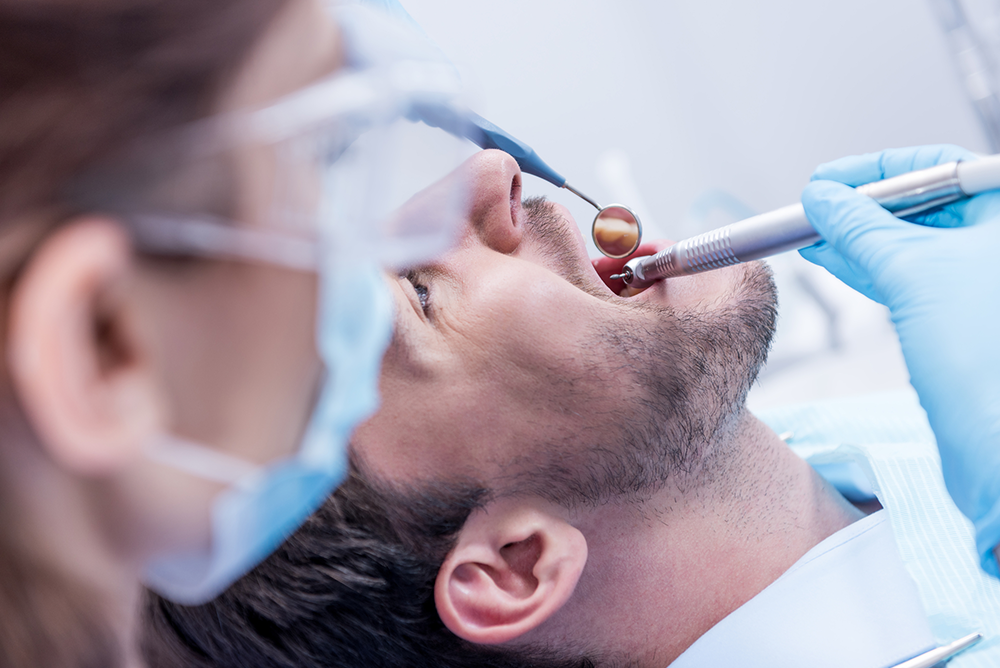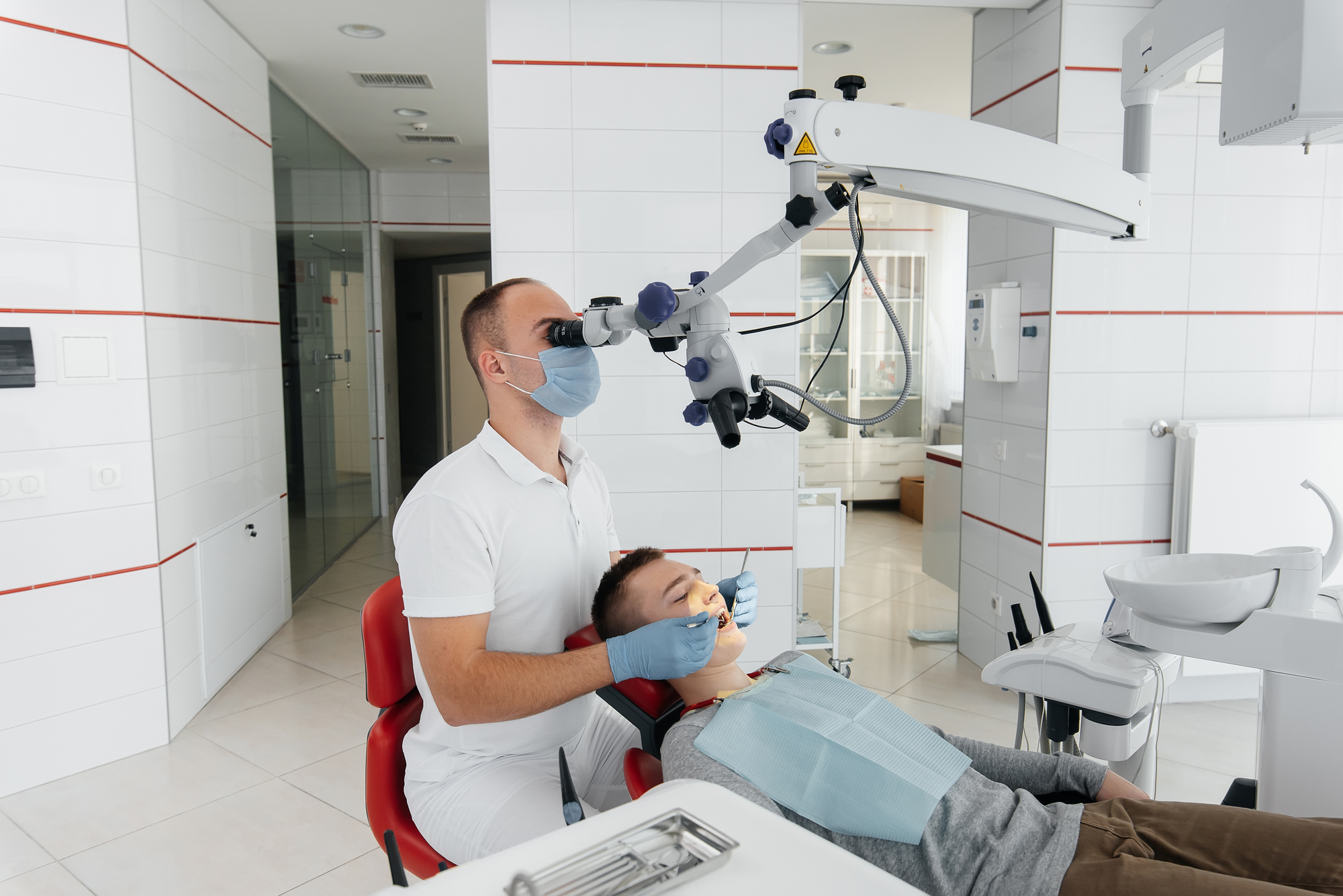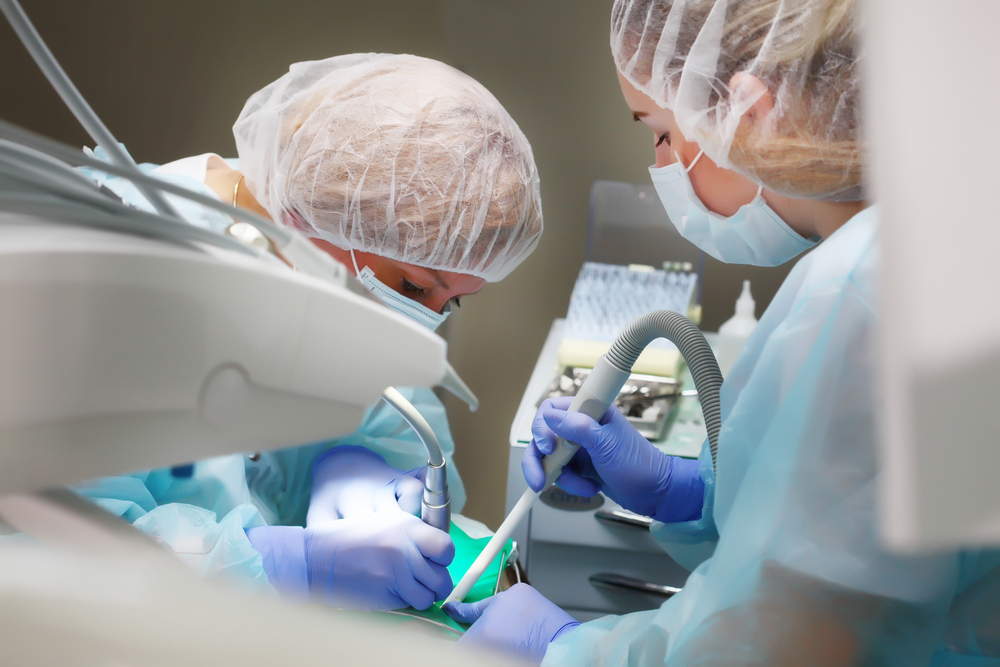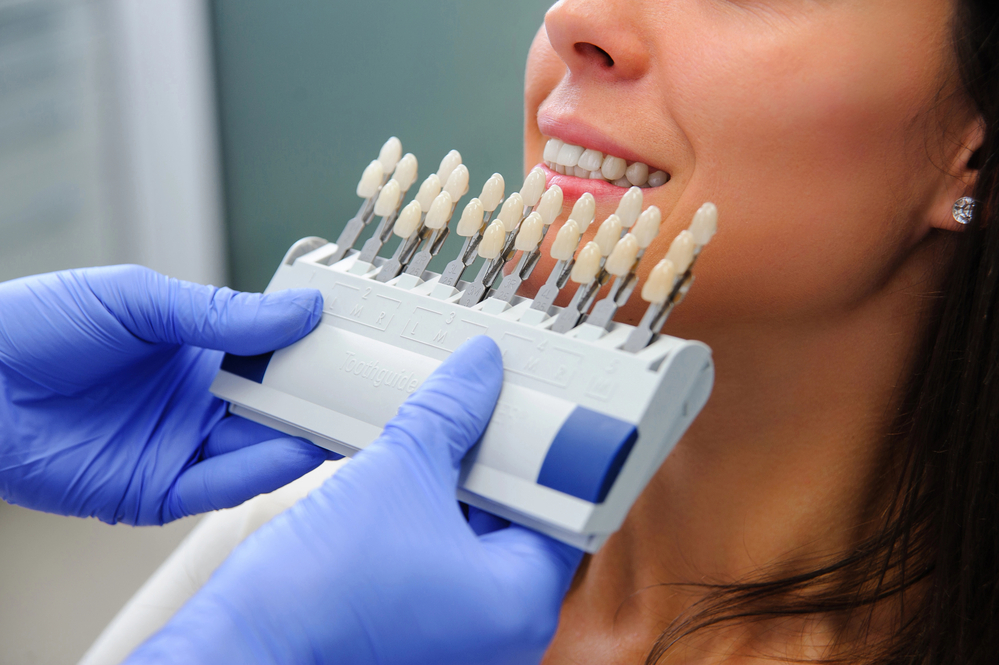A recent study conducted by researchers from the University of Michigan has identified a potential link between oral bacteria and brain abscesses. The research, which was published in the Journal of Clinical Microbiology, found that certain kinds of bacteria commonly found in the mouths of humans can lead to brain abscesses if they are not treated promptly. The findings point to a new area of research on how oral bacteria could affect the health of our brains. This article will review the study’s findings and implications for future medical treatments.
What is a brain abscess?
A brain abscess is a pus-filled cavity that forms in the brain. The most common cause of brain abscesses is infection by bacteria or fungi. However, brain abscesses can also be caused by head injuries or surgery.
Symptoms of brain abscesses include headache, fever, nausea, vomiting, and seizures. If left untreated, brain abscesses can be fatal. Treatment for brain abscesses typically involves surgical drainage of the pus followed by antibiotic therapy.
What causes brain abscesses?
Brain abscesses are usually caused by bacteria, but the specific bacteria that cause them is unknown in many cases. However, researchers have identified a potential link between oral bacteria and brain abscesses.
The study, published in the journal Frontiers in Cellular and Infection Microbiology, looked at the records of patients with brain abscesses from two hospitals in Denmark. The researchers found that the majority of patients with brain abscesses had a history of dental problems, including gum disease.
Many people are experiencing gum disease and problems. You can undergo
laser treatment that can be used to recontour the shape of your gums. This device uses a narrow beam to light to gently remove and reshape the gum tissue as needed.
While more research is needed to confirm this link, the findings suggest that oral bacteria may play a role in the development of brain abscesses. This is important because it may help doctors to identify people at risk for developing brain abscesses and take steps to prevent them.
The link between oral bacteria and brain abscesses
The link between oral bacteria and brain abscesses is a topic of great interest to researchers. A brain abscess is a serious condition that can lead to death if not treated properly. While the cause of brain abscesses is not fully understood, it is believed that they are caused by an infection. Oral bacteria are one type of infection that has been linked to brain abscesses.
Oral bacteria are present in the mouth and can enter the bloodstream through cuts or abrasions in the gums. Once in the bloodstream, these bacteria can travel to other parts of the body, including the brain. Researchers believe that oral bacteria may play a role in the development of brain abscesses.
In a recent study, researchers looked at the link between oral bacteria and brain abscesses. The study included 464 patients with brain abscesses. The researchers took samples of the patients’ saliva and tested it for various types of oral bacteria. They also took samples of tissue from the patients’ brains.
The results of the study showed that patients with brain abscesses were more likely to have certain types of oral bacteria than patients without brain abscesses. The presence of these bacteria was associated with an increased risk of developing a brain abscess.
The findings of this study suggest that there may be a link between oral bacteria and brain abscesses. However, more research is needed to confirm this link.
How can you prevent brain abscesses?
Brain abscesses are rare but serious infections that occur when bacteria or other organisms enter the brain. Although anyone can develop a brain abscess, they are most common in people with certain underlying medical conditions, such as diabetes, cancer, or a weakened immune system.
There are several steps you can take to reduce your risk of developing a brain abscess, including:
-Practicing good oral hygiene. This means brushing your teeth twice a day, flossing daily, and seeing your dentist regularly for cleanings and checkups.
-Avoiding contact with people who have active infections. If you must be around someone who is sick, make sure to wash your hands often and avoid sharing personal items (such as towels or toothbrushes).
-Keeping your immunizations up to date. This includes vaccinations for diseases such as influenza and pneumococcal pneumonia.
If you have an underlying medical condition that puts you at increased risk for developing a brain abscess, it is important to follow your doctor’s instructions on how to best manage your condition. This may include taking antibiotics as prescribed and having regular checkups.
Many information right now is being shared online about gum diseases and brain abscesses. As
social media plays a big role when it comes to information sharing, it is important to always check if this information is legit.
What are the 5 proper steps for oral care?
1. Brush your teeth at least twice a day for two minutes each time.
2. Floss every day to remove plaque and bacteria from between your teeth.
3. Rinse with an antibacterial mouthwash once a day.
4. Visit your dentist regularly for cleanings and checkups.
5. Quit smoking, if you smoke cigarettes or use tobacco products.
These Exciting Developments May Save Your Life
This study has identified a potential link between oral bacteria and brain abscesses, which could lead to new treatments for this dangerous condition. While more research needs to be done in order to confirm the connection, this is an important discovery that could improve patient outcomes. The findings also highlight the importance of good dental hygiene, as preventing oral bacteria from taking hold and entering the bloodstream may help reduce your risk of developing a brain abscess. This exciting development offers hope for those suffering from this potentially life-threatening condition.










